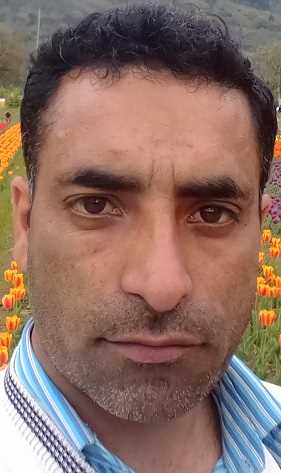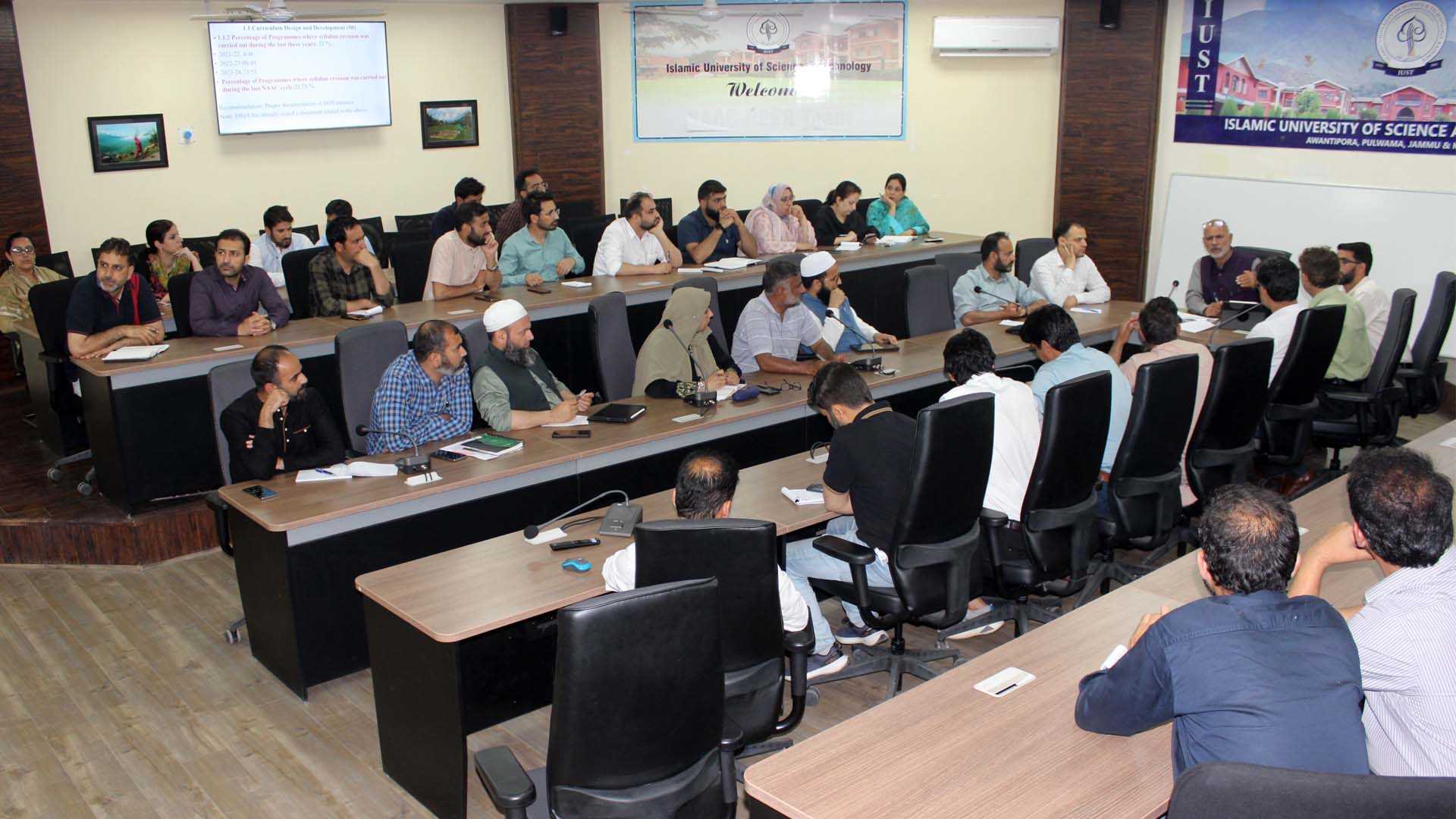
Incidents of conflicts between smokers and non-smokers have been reported across both social and electronic media. Unfortunately, the lack of seriousness by law enforcement agencies in implementing anti-smoking laws has given smokers a free hand to put others' lives at risk
The history of World No Tobacco Day dates back to 1987, when the World Health Organization (WHO) passed a resolution to dedicate a day to highlight the severe health risks associated with tobacco use. Observed annually on May 31st, this global event aims to raise awareness about the harmful effects of tobacco and promote policies that reduce its consumption.
Despite various legislations at both union and state levels designed to curb tobacco use, the persistent and often reckless consumption of tobacco in public places remains deeply concerning. Hospitals, hotels, restaurants, educational institutions, public transport, and recreational fields continue to witness widespread tobacco use, undermining public health and safety.
One of the most disturbing observations is the habitual smoking by drivers and conductors in public transport, posing a health risk to all passengers. Similarly, in many public venues, smoking continues without regard for the well-being of non-smokers.
Historically, it is believed that Christopher Columbus, upon landing on Tobago Island in 1492, encountered indigenous people using tobacco leaves for pleasure. From that moment, tobacco use spread globally and evolved into a massive industry—tragically, at the cost of human health.
Scientific research reveals alarming facts: tobacco smoke contains over 4,000 chemicals, of which 43 are carcinogenic, including polycyclic hydrocarbons. It also contains ammonia, formaldehyde, carbon oxides, and most dangerously, nicotine, a highly addictive substance that impacts the nervous system, increases heart rate, and causes hypertension. Another deadly component is tar, which is strongly linked to lung cancer. Smokers are ten times more likely to die from lung cancer than non-smokers.
Moreover, smoking during pregnancy increases the risk of low birth weight and premature birth. Passive smokers—those exposed to secondhand smoke—are equally vulnerable to tobacco-related illnesses. This makes it even more critical to strictly prohibit smoking in public places.
Tobacco is a silent killer that urgently needs stronger regulation and public accountability. In addition to implementing stringent laws, comprehensive awareness campaigns are essential to educate people about the long-term dangers of smoking.
Alarmingly, many youngsters are becoming addicted, spending their parents’ hard-earned money on expensive cigarettes while ignoring the prominent warnings such as “Cigarette smoking is injurious to health” and “Smoking causes cancer” on every pack. Not only do smokers harm themselves, but they also pose a significant threat to public health by smoking in shared spaces.
Incidents of conflicts between smokers and non-smokers have been reported across both social and electronic media. Unfortunately, the lack of seriousness by law enforcement agencies in implementing anti-smoking laws has given smokers a free hand to put others' lives at risk.
Scenes of people smoking in buses, restaurants, or puffing hookahs on shopfronts reflect a grim reality. To enforce a meaningful change, strict implementation of anti-tobacco laws at the grassroots level is vital. This includes raising awareness, limiting children's access to tobacco products, and encouraging schools and families to play a proactive role.
Religious leaders, teachers, and social activists can be influential in educating both locals and outsiders about the dangers of tobacco use, including smokeless variants like Gutkha, Nevla, and Paan.
While seminars, debates, and awareness drives are organized each year on World No Tobacco Day, collective and sustained efforts at individual, institutional, and community levels are necessary to achieve tangible results. Morning assemblies in educational institutions, for instance, can be powerful platforms to disseminate information about the ill effects of tobacco use.
To truly safeguard human health, we must go beyond blaming smokers. Instead, we should educate, support, and encourage them to quit smoking. Cultivating a strong civic sense and discouraging smoking in public areas, especially near schools, hospitals, and crowded places, is a collective responsibility we must all embrace.
Email:--------------------------rayeeskumar31@gmail.com

Incidents of conflicts between smokers and non-smokers have been reported across both social and electronic media. Unfortunately, the lack of seriousness by law enforcement agencies in implementing anti-smoking laws has given smokers a free hand to put others' lives at risk
The history of World No Tobacco Day dates back to 1987, when the World Health Organization (WHO) passed a resolution to dedicate a day to highlight the severe health risks associated with tobacco use. Observed annually on May 31st, this global event aims to raise awareness about the harmful effects of tobacco and promote policies that reduce its consumption.
Despite various legislations at both union and state levels designed to curb tobacco use, the persistent and often reckless consumption of tobacco in public places remains deeply concerning. Hospitals, hotels, restaurants, educational institutions, public transport, and recreational fields continue to witness widespread tobacco use, undermining public health and safety.
One of the most disturbing observations is the habitual smoking by drivers and conductors in public transport, posing a health risk to all passengers. Similarly, in many public venues, smoking continues without regard for the well-being of non-smokers.
Historically, it is believed that Christopher Columbus, upon landing on Tobago Island in 1492, encountered indigenous people using tobacco leaves for pleasure. From that moment, tobacco use spread globally and evolved into a massive industry—tragically, at the cost of human health.
Scientific research reveals alarming facts: tobacco smoke contains over 4,000 chemicals, of which 43 are carcinogenic, including polycyclic hydrocarbons. It also contains ammonia, formaldehyde, carbon oxides, and most dangerously, nicotine, a highly addictive substance that impacts the nervous system, increases heart rate, and causes hypertension. Another deadly component is tar, which is strongly linked to lung cancer. Smokers are ten times more likely to die from lung cancer than non-smokers.
Moreover, smoking during pregnancy increases the risk of low birth weight and premature birth. Passive smokers—those exposed to secondhand smoke—are equally vulnerable to tobacco-related illnesses. This makes it even more critical to strictly prohibit smoking in public places.
Tobacco is a silent killer that urgently needs stronger regulation and public accountability. In addition to implementing stringent laws, comprehensive awareness campaigns are essential to educate people about the long-term dangers of smoking.
Alarmingly, many youngsters are becoming addicted, spending their parents’ hard-earned money on expensive cigarettes while ignoring the prominent warnings such as “Cigarette smoking is injurious to health” and “Smoking causes cancer” on every pack. Not only do smokers harm themselves, but they also pose a significant threat to public health by smoking in shared spaces.
Incidents of conflicts between smokers and non-smokers have been reported across both social and electronic media. Unfortunately, the lack of seriousness by law enforcement agencies in implementing anti-smoking laws has given smokers a free hand to put others' lives at risk.
Scenes of people smoking in buses, restaurants, or puffing hookahs on shopfronts reflect a grim reality. To enforce a meaningful change, strict implementation of anti-tobacco laws at the grassroots level is vital. This includes raising awareness, limiting children's access to tobacco products, and encouraging schools and families to play a proactive role.
Religious leaders, teachers, and social activists can be influential in educating both locals and outsiders about the dangers of tobacco use, including smokeless variants like Gutkha, Nevla, and Paan.
While seminars, debates, and awareness drives are organized each year on World No Tobacco Day, collective and sustained efforts at individual, institutional, and community levels are necessary to achieve tangible results. Morning assemblies in educational institutions, for instance, can be powerful platforms to disseminate information about the ill effects of tobacco use.
To truly safeguard human health, we must go beyond blaming smokers. Instead, we should educate, support, and encourage them to quit smoking. Cultivating a strong civic sense and discouraging smoking in public areas, especially near schools, hospitals, and crowded places, is a collective responsibility we must all embrace.
Email:--------------------------rayeeskumar31@gmail.com
© Copyright 2023 brighterkashmir.com All Rights Reserved. Quantum Technologies